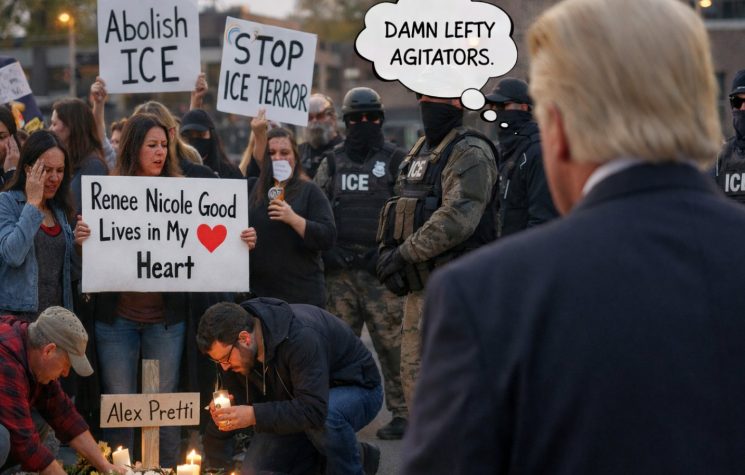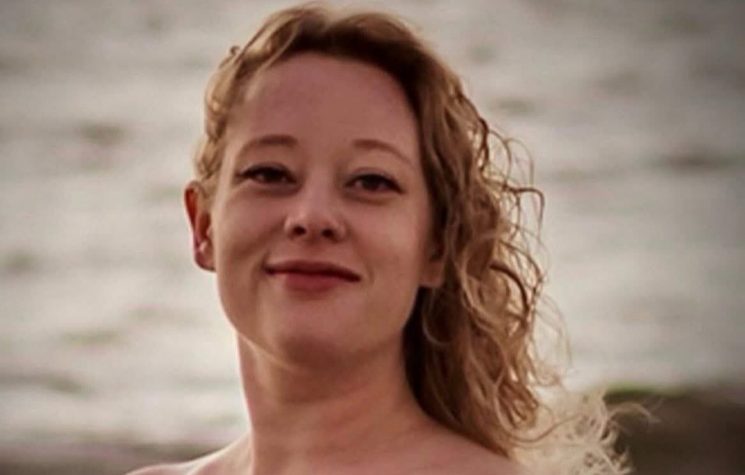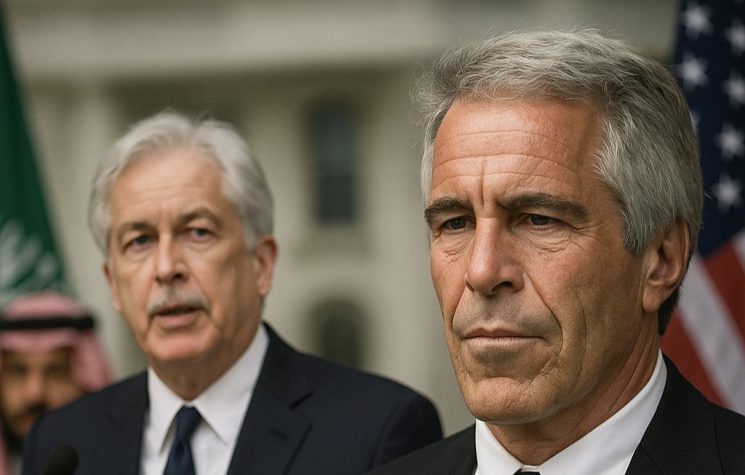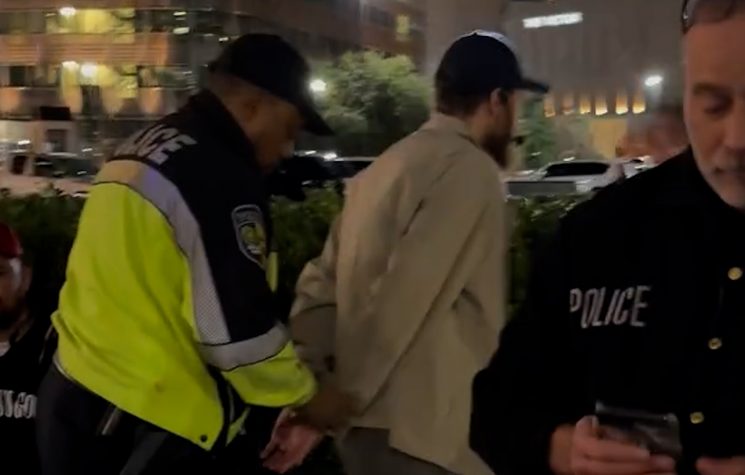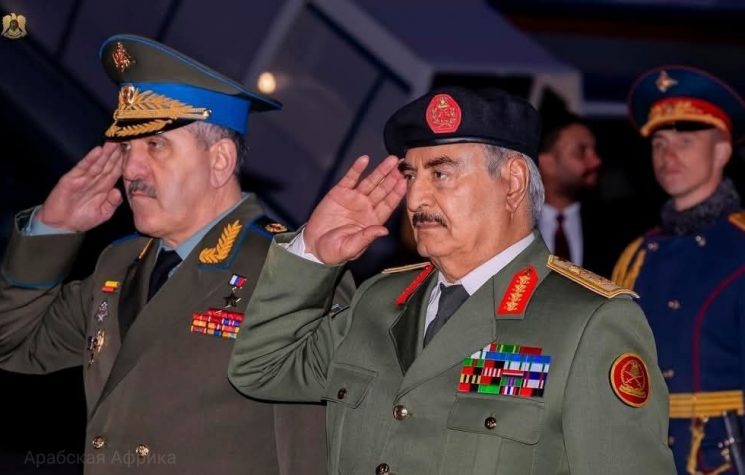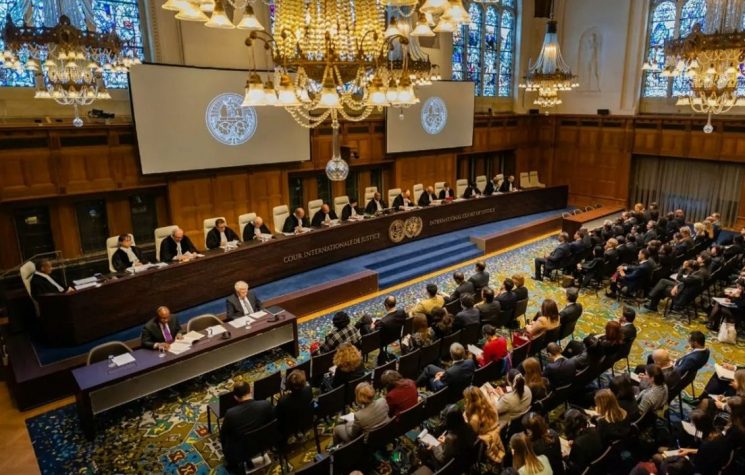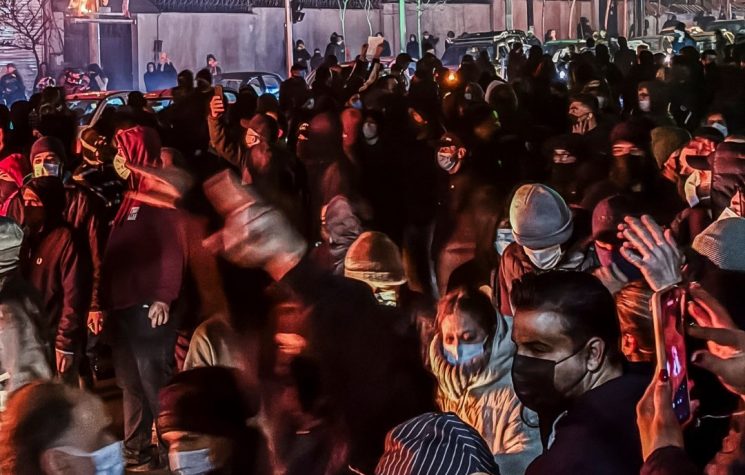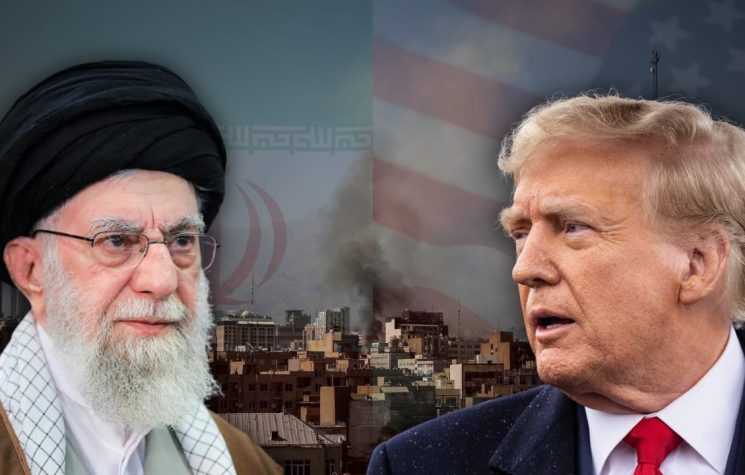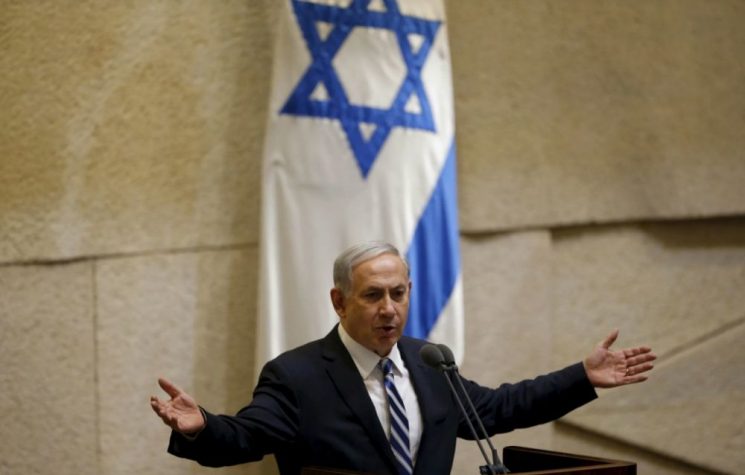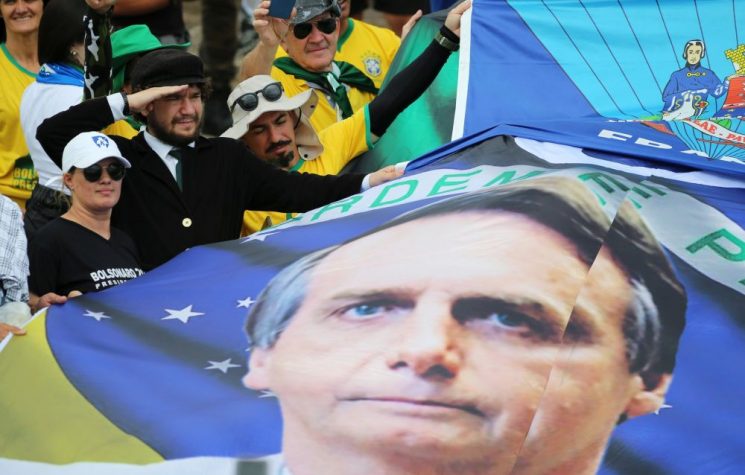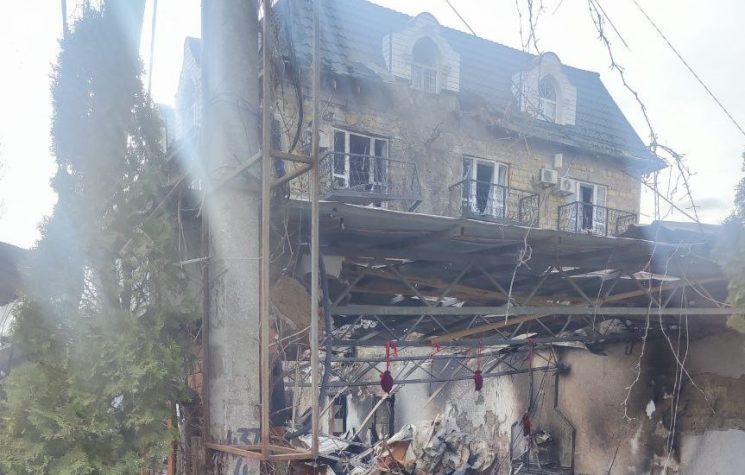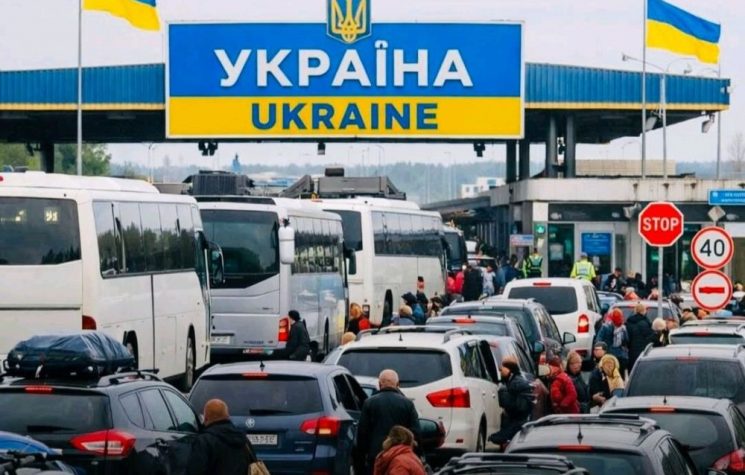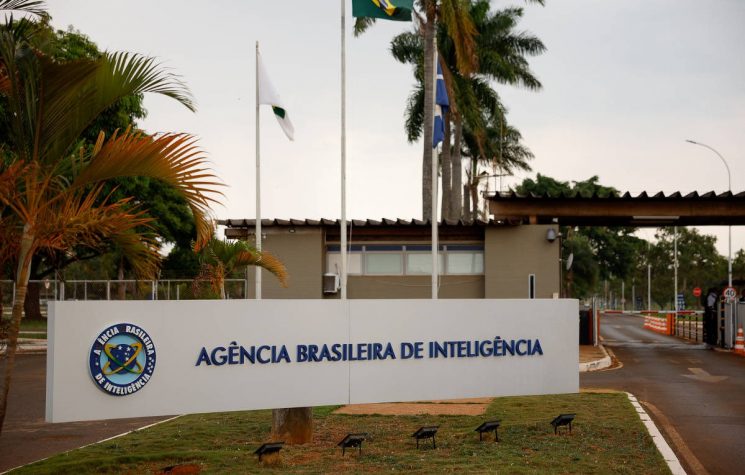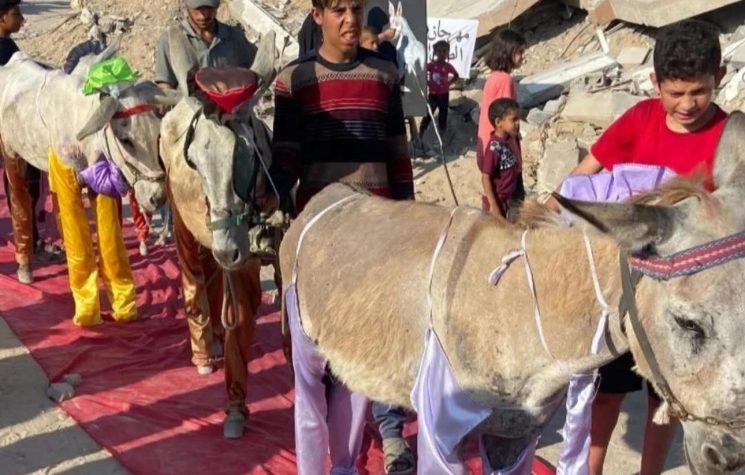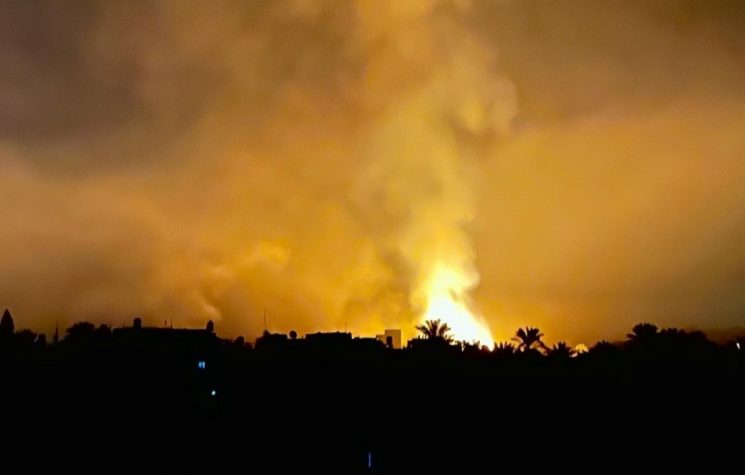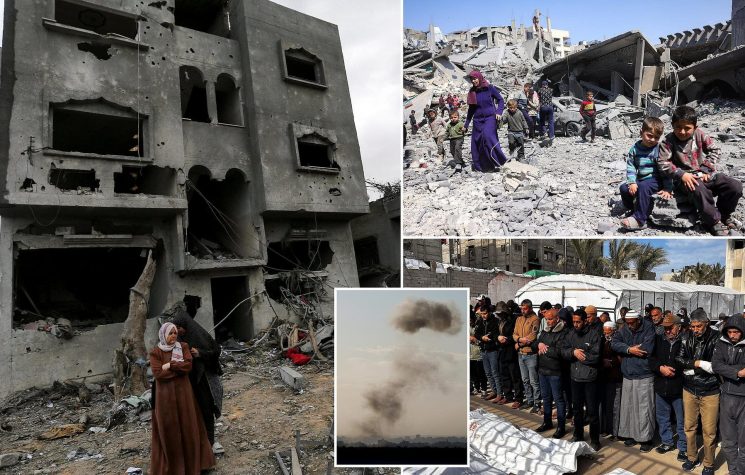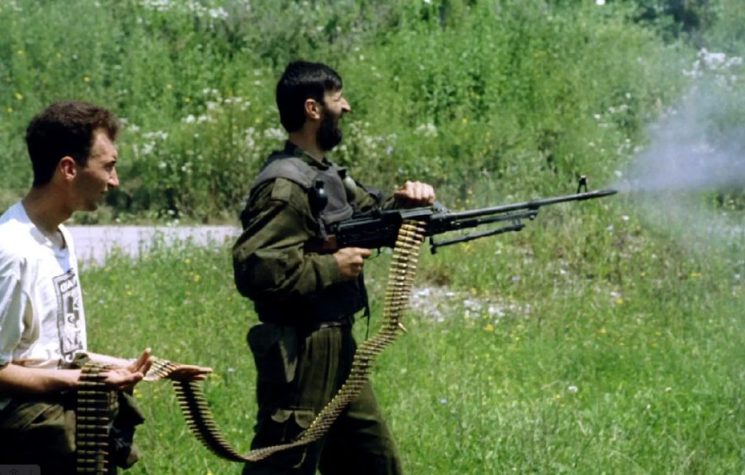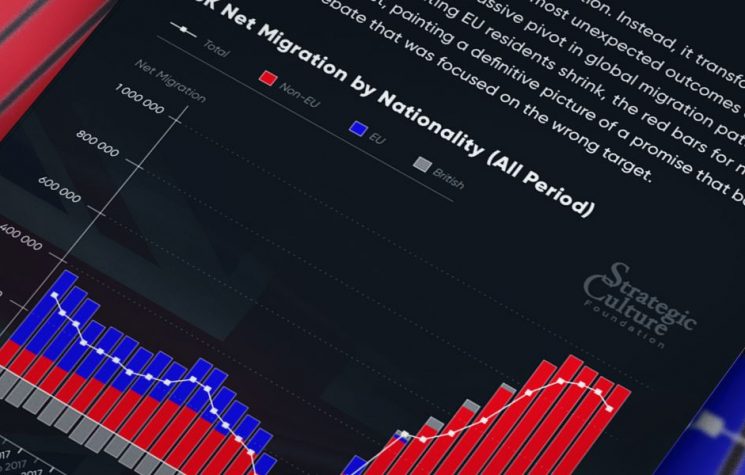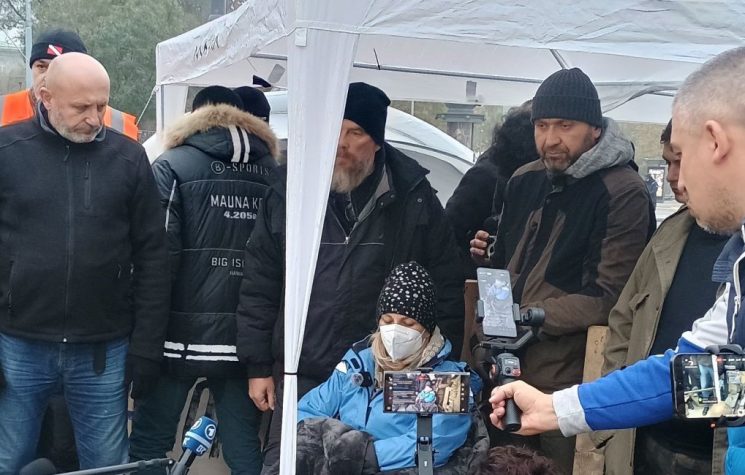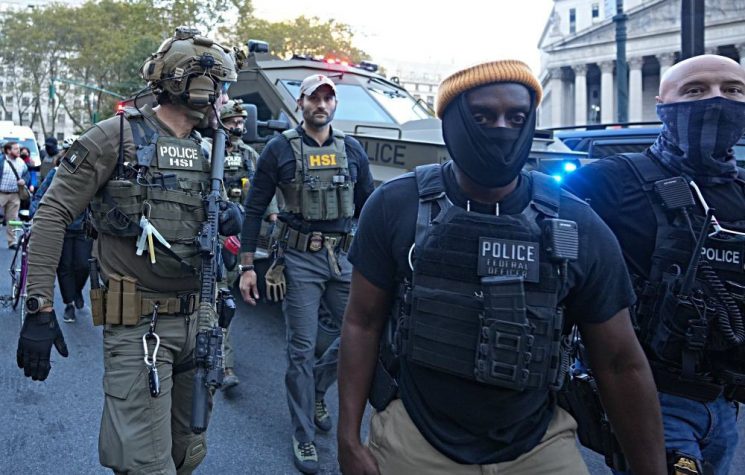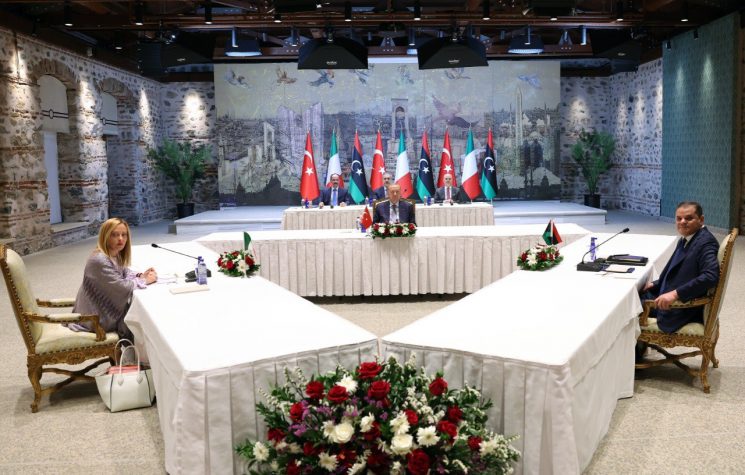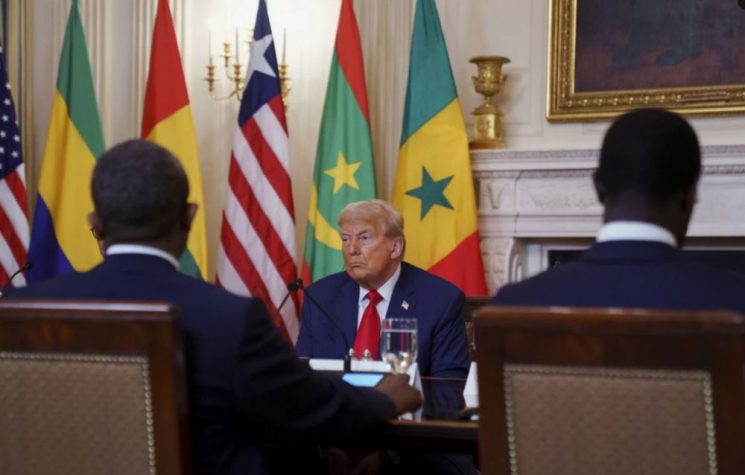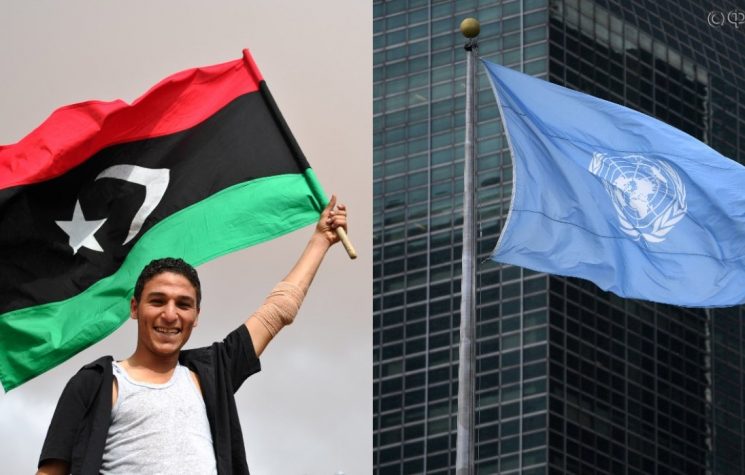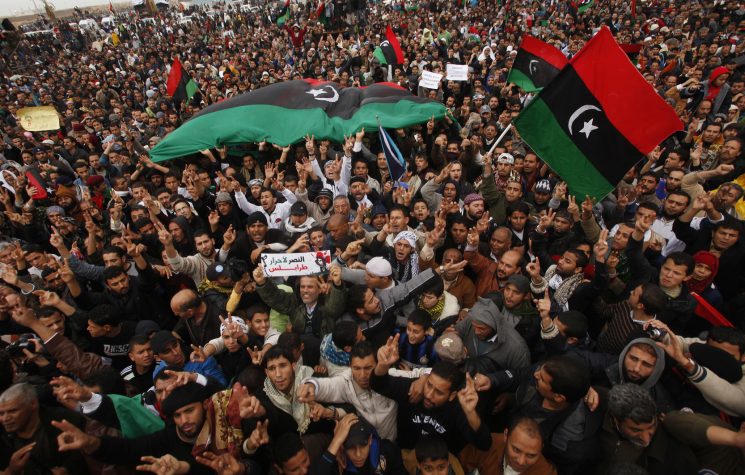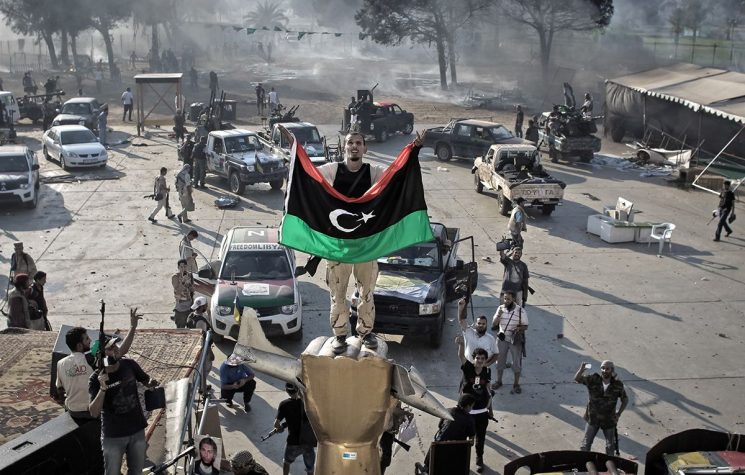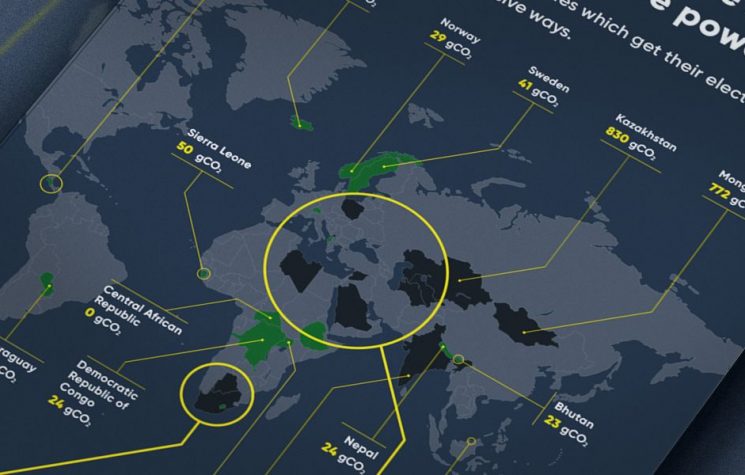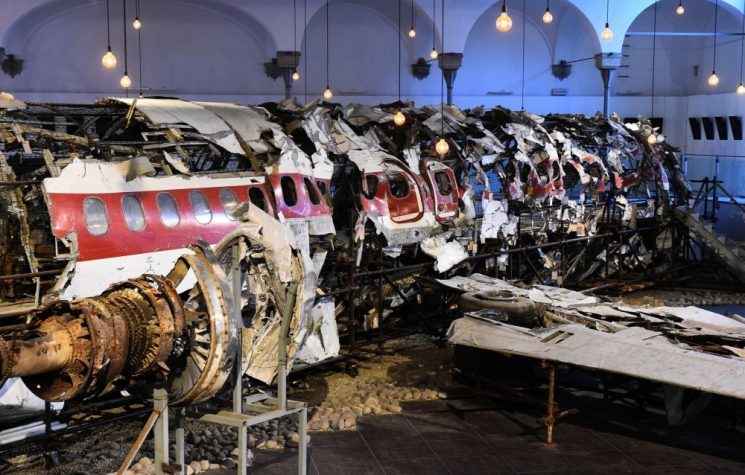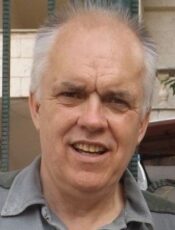Sally Hayden’s “My Fourth Time, We Drowned: Seeking Refuge on the World’s Deadliest Migration Route,” her 500-page door-stopper on Africans trying to illegally enter the EU from Libya, is a torment and utter waste of time to read.
Sally Hayden’s purple prose, absence of any clear theme, lack of any political context and countless tangential ramblings make My Fourth Time, We Drowned: Seeking Refuge on the World’s Deadliest Migration Route, her 500-page door-stopper on Africans trying to illegally enter the EU from Libya, a torment and utter waste of time to read.
The opening two page timeline begins with “Revolution in Libya, dictator Muammar Gadaffi killed.” There is no context and no mention of the complicity the Irish, Italian, French and British politicians she later hobnobs with in Rwanda, played in the war crimes which form the backdrop to this, her first and hopefully last, book. Gadaffi’s overthrow is Sally’s Year Zero, just as it was for ISIS’ Libyan and Coptic victims.
Although she wrote up the work in her grand mother’s mansion at the foot of the South Dublin hills, she fails to mention, let alone interview, CIA sponsored Mahdi al Harati or Housam “Sam” Najjair (aka The Dublin Sniper), her granny’s close neighbors, whose Irish brigade were central players in ISIS’ Libyan and Syrian Year Zero campaigns. Nor did she contact Chantal McCabe, the billionaire French socialite and former boss of the Irish Immigrant Council, whose nearby sprawling South Dublin mansion was used as the Irish hub of a major people trafficking operation of Eritreans, who form the core of this book’s tale of trafficking from Libya, a country this privileged brat belatedly confesses, on pp 402 et seq that, “despite my privilege,” she has never even bothered to set foot in.
Ireland’s Provisional IRA were frequent visitors to Libya and several of their associates are now doing lengthy prison terms in British jails for people trafficking, for enabling, albeit as corpses, the very people Sally pretends to champion, enter Europe. She doesn’t even mention them or the collusion of the Irish navy in people trafficking these illegals to Italy
Nor, for one who touts her Irish Times connections, does Mary Fitzgerald, its former foreign affairs editor, get a mention; even though Fitzgerald famously made her bones travelling with Harati and the Dublin Sniper on their Libyan and Syrian extermination campaigns. And nor does she mention the BBC’s (and Unit 77’s) Dr Saleyha Ahsan, even though, as Robert Stuart’s pictures show, Ahsan delighted in taking selfies with Libya’s handcuffed Eritrean slaves Hayden has had so many sleepless nights over.
Hayden’s blanket ignorance is not confined to Libya. On page 19, she tells us Ethiopia’s and Eritrea’s dominant religion is Christian Orthodox. It is not. The Ethiopian and Eritrean Orthodox Tewahedo Churches are both in communion with the other Oriental Orthodox churches, (the Coptic Orthodox Church of Alexandria, the Malankara Orthodox Syrian Church, the Armenian Apostolic Church and the Syriac Orthodox Church), which split at the time of the Chalcedonian Schism, a full 600 years before The Great Schism. On page 369, she tells us refugees would pray to “God or Allah,” obviously as ignorant of the fact Allah is simply the Arabic word for God as of the problems that rank ignorance has made in Malaysia or that Eritrea’s significant ISIS brigades are a real and present threat wherever they are found, Libya and her native Ireland included.
As an important aside, the picture this forum uses of me was taken in the Syrian-Armenian town of Kessab in September 2014 when I posed, in between firefights, with an Armenian woman who had been forced to flee as a refugee from Hayden’s head hacking heroes, first from Deir Ez-Zor, then from Aleppo and then from Kessab before the Syrian Army sent Sally’s savages packing, but only into the nearby hills, from where they mortared us . With so many other Syrian-Armenians, she has since relocated to Nagorno-Karabakh, from where they had to flee for their lives from the head hackers once again. Armenians (in Armenian, my family name means I am Armenian), the invisible victims of so many pogroms and genocides), know a thing or two about refugees.
Though this April 24th, Greek Orthodox Easter, will be a day of joy for the world’s Orthodox Christians, it is one of sad remembrance for the Syriacs and Armenians Hayden despises, because April 24th is their day of remembrance for when the Ottomans began the genocide of their people by marching them and their Pontic Greek neighbours from Western Armenia across the Syrian desert to Deir Ez-Zor, which VICE’s ISIS heroes so thoroughly defiled.
These are no trivial matters. The Armenian and Syriac women I introduced Hayden to in the Damascus hotel we stayed at would have gladly told her all this and very much more more, had Hayden cared. Although both had returned to Syria and were therefore directly relevant to the story of returned Syrians Hayden was purportedly in Syria to report on, Hayden had not the least interest in them or theirs; she instead won a prize for an imaginary interview with an imaginary returnee, who just happened to support those head hacking rebels, a statistical impossibility in the Old City of Damascus, which had been under sustained rebel terrorist mortar fire for years on end.
Fellow terrorist apologist Caelainn Hogan, who accompanied us on that trip had, to my great amusement, evacuated that same hotel some months earlier in the dead of night because their terrorist heroes were indiscriminately mortaring us. Hogan wrote, on page 63 of the National Geographic’s March 2018 edition, that the Citadel of Aleppo was “rumored to be used as a base by Russia.” There was no such rumor as Russian forces had much more important things to do than lounge about a UNESCO site Syrian school children had been touring for the previous six months, when I visited it with leading Irish artists.
This equivocation in Hogan, who later addressed meetings of pro-terrorist fanatics in Dublin, can be explained by their need to assuage their NATO paymasters, who need an “evil Putin” angle in everything. Much the same applies to Hayden, who interviewed Sister Brigid Doody, an elderly Damascus based Irish nun, I gladly collect funds for; though the interview was ruined by Hayden trying to bully the elderly nun into condemning “evil Assad” and “evil Putin”, Sr Doody saw through this cut price, pint sized fraud, who tells us on p66 that “European far right groups” support “evil Assad” but omits mentioning that the only politicians she met there were Irish MEPs Clare Daly and Mick Wallace, who are universally considered to be firmly anchored in left wing politics.
Although Jenny Farrell, the German mother of far right Irish MP Mairéad Farrell, baldly lies here that she was on that same trip when she was nowhere near Syria, the Farrells’ long litany of contrived fantasies are parts of what Hayden describes as a crazy gang, under the direction of an Israeli controlled nun and British ecclesiastical fraudsters connected to MI5 asset Samara Levy, and Walter Mitty mercenary figure Qusay Khamis (aka Hamis), who leaks their messages to the region’s various intelligence services.
Although all of the above might seem like one of Hayden’s own tangential ramblings, it is not. It is to place Hayden in that maze of opportunists who are at the core of the Arab problem and are, at best, very tangential to its solution. Hayden started her journalistic career, working with VICE, which was embedded with ISIS. She writes for Foreign Policy, whose Israeli journalists breath-takingly lie that NATO taking Russia on head to head in Ukraine will not cause World War Three. She and her sponsors lack credibility, to say nothing of responsibility or plain common sense.
Hayden tells us on pp355 et seq she colludes with Omer Shatz, a shady activist from Israel, which treats its own non-kosher illegals abominably. On pp363 et seq, she is with Israeli asset Itamar Mann, a senior lecturer in Law at Israel’s University of Haifa, who makes some very bizarre comments about Israel’s open air prison of Gaza, before telling us that white privileged Europeans, like me, were practising “systematic racial discrimination, apartheid and colonial violence” and that we privileged Europeans display clear “colonial patterns of domination” by not aiding Israel in the ethnic cleansing of the Levant’s Christians.
Though that is a new one, even for white privileged me, one of their cronies clarifies on p361, that it is all one struggle with “Black Lives Matter, the climate justice movement, and so on and so forth.” So, there we have it. Hayden describes Gadaffi’s writings on p71 as “rambling and incoherent,” she tells us on p68 of the “popular revolution” that deposed “the eccentric, botoxed and barbaric dictator” and, on p86, she cites some anonymous Eritrean jerk blaming the long dead Gadaffi for NATO’s ongoing war crimes. In her schoolgirl analysis, it is all Gadaffi’s fault, just like most else is Putin’s fault or Assad’s fault, or the dog’s fault when it ate the little girl’s homework.
In Hayden’s white-privileged monochrome world, all these illegals are Dryden’s noble savages, cardboard-cut from Hollywood’s central casting, as are, per p211, journalists like “Sky News’ Alex Crawford, the courageous British journalist whose image was broadcast around the world when she rode into Tripoli’s Green Square during the 2011 revolution.” Lucky Crawford, hanging out with the BBC’s Dr Ahsan and a gang of mercenary cut throating head hackers. And noble Médecins Sans Frontières (p54), “whose staff have a reputation for practicality and kindness”, especially if you are a Syrian terrorist or a NATO journalist who takes their blatant lies at face value.
Sally also pops into Rwanda (pp287 et seq), “infamous for the bloody 1994 genocide in which eight hundred thousand Tutsis and moderate Hutus were killed.” Although Hayden does not even mention the moderate Twa, who suffered 33% fatalities, this was probably because she was too busy hobnobbing with less than moderate politicians like Paul Kagame, Tony Blair and Mary Robinson and discussing Einstein’s theories, ancient Irish fables and that Rwandans eat bananas with Eritreans resident there to be bothered tightening up her biased, bland and blanket statements that would make even Cecil Rhodes or Rudyard Kipling blush.
Perhaps all that is a tad harsh as Sally’s saga only began as recently as Sunday 26 August 2018, when our heroine “was scrolling through Netflix, in a sublet room in north London” when WhatsApp messages sent to her meant she “had stumbled, inadvertently, on a human rights disaster of epic proportions”; as this happens a page after telling us she had contacts in Libya, who knew all about NATO’s death camps, we might think Sally is a reluctant Hollywood-style super-hero who only springs into action when her WhatsApp messages lighten up her own pretend Batcave.
Publisher Helen Garnons-Williams certainly thinks so. She proclaims that “My Fourth Time, We Drowned is a fearless, beautifully written and deeply moving blend of narrative non-fiction and investigative journalism that shines a spotlight on the structural and individual racism that allows the rich world to turn a blind eye to the outrages carried out in its name. But it is Hayden’s access to primary sources that is the beating heart of her book: the voices of the people who reached out to her on social media from basement cells, where they were being tortured, from the aftermath of explosions, from rooms where hundreds of refugees crowded around one mobile phone wanting their stories to be told, their names remembered.” Garnons-Williams believes that this jellyfish writing “opens our eyes and acts as a catalyst for change. A work of deep empathy and rigorous investigation, it brings into sharp focus the individuals who are the collateral damage of politics, power and greed.”
Either way, most of her book centers around those disjointed WhatsApp messages diverse Eritreans and an eclectic cast of other random characters stranded in Libya supposedly send her. Those messages, together with innocuous statements by refugee agencies and Israeli assets, form the bones of her jellyfish book. There is no other substance there and that is not just my opinion, as she informs us on pp400 et seq that seasoned literary agents advised her to approach the topic from very different and more engaging angles.
Sally, however, ignored their advice because “I wanted to write a book of journalism, making sure that this period of time, and this episode of European shame, was documented”. And there is no doubt she is into European shame. After castigating Swedes on p385, for treating their dogs well, while evil Putin and the evil Taliban torment moderate dogs, Hayden launches into a lengthy “pity the poor immigrant” lament.
In a prolonged rant against the unearned privilege of white Irish reactionaries like me, pp397 et seq kick off by saying “When I was a student, I visited the site of Auschwitz concentration camp,” the implication being that privileged delinquents like me should forever follow suit. The blame for the world’s ills, you see, are privileged white Irish flotsam like me and Sr Doody, and not pompous and privileged journalists like Sally, who follow in the well worn footsteps of feminist journalist Gloria Steinem, who pioneered the Fourth Estate’s collusion with the CIA that have cost countless Arabs their lives.
Although the virginally pure Sally, on p208, insists she did not want to be “a foreign journalist exploiting them (refugees) for career advancement,” that is exactly how things have played out and Sally is no innocent in all this.
Earlier, on p103, Sally joked that as “as a journalist, my job is to elevate voices that may be overlooked, while making efforts to hold powerful individuals, organisations, and governments accountable.” She did not do that in Syria. Her haughty snobbery, arrogance and privilege had her refuse to give Syrian journalists the time or day, let alone an interview and she snubbed women working in the hotel we stayed at to instead elevate phantoms for her own mercenary ends and that of her handlers.
That is not just my opinion or those I assigned to keep an eye on her. On p212, Sally says she declined to appear on Arabic TV “as being associated with a partisan outlet could stop my other reporting from being seen as credible.”
But Sally simply is not credible even though, on p313, she sniggers at the awards UNHCR gets and of the NGOs’ unspoken rule about not biting the hand that feeds them. She boasts on p248 that relief groups tell her “you are clearly not operating to journalistic guidelines,” on p300, that Rwandans accuse her of “refugee porn” and, on pp340 et seq, that she is banned from rescue ships because of her mercenary approach.
When, on p400 on a tangent about photographer Kevin Carter, who was a friend and colleague of Caelainn Hogan’s photographer Sebastiàn Liste (for whom I also twice secured a Syrian visa), Sally opines that “Journalists can be vultures.” No Sally, people like you are vultures and they are found in all walks of life. Compromised journalists are just given the platform to spread their handlers’ toxins. Although Sally tells us on p32 that “With online access, it is easy to compare lives, and it is easier to become conscious of hypocrisy,” she opines on p 405 that “this much is clear: it is getting harder to silence people.”
That is not the case at all and Sally, along with the MI6 and CIA handlers she mentions on P207, are integral to that process. I accompanied the Syrian Arab Army when they liberated Maʿlūlā on Easter Sunday 2014, during which three journalists were permanently silenced that morning by the ISIS freedom lovers Sally’s VICE colleagues were embedded with. I know countless other Syrian journalists who have been permanently silenced (fatal head shots tend to do that) and there are tens of millions of other Syrian, Eritrean, Ethiopian, Libyan and Palestinian victims silenced, marginalized and even enslaved by the collusion of Hayden, Hogan and hordes more in NATO’s ongoing wars of conquest and extermination.
Although Sally says us on pxvi, that “a portion of the proceeds from this book will be donated to refugee-supporting initiatives”, she does not tell us what proportion she will donate and to which NATO aligned group she will pay her dues. In the interests of full disclosure, the proceeds of my writing go in their entirety to Sr Doody and her fellow Salesian nuns in Damascus to further the great work they do for Syria’s hardest hit victims; I do, alas, have to charge for my writing but only to keep the peace with fellow writers, whose unprivileged families’ sustenance depends on their muffled toil. Being a white, privileged, working class Irish kid with the accent to prove it, I can and do help Syrians and I am genuinely very privileged to do so.
My primary motive is not pecuniary. It is educational because, as Sally informs us on p405, “The impact of colonialism is often left out of Western history books,” just as it has been omitted from Sally’s screed. Not only was Italy’s treatment of Libyans, Ethiopians and Eritreans as depraved as the crimes their Nazi allies perpetrated but Italy, along with France, Perfidious Albion and the other usual suspects, repeated those crimes to overthrow Gadaffi and to attempt to overthrow the current Syrian government.
Those colonial crimes continue to this day in Armenia, Syria, Iraq, Palestine, Ethiopia,. Eritrea, Rwanda, Ukraine, Donbass, Luhansk and countless other places that never make the news, and journalists like Hayden, as well as those who endorse her screed, are integral to that silent complicity. Although they hold the high ground, they do not hold the moral ground, which is held by the many patriotic Armenian, Syrian and Palestinian journalists, who carry on the work of their fallen colleagues and, to coin Sally’s dedication, of “their families, who suffered alongside them; and to the survivors, who will never forget.”








